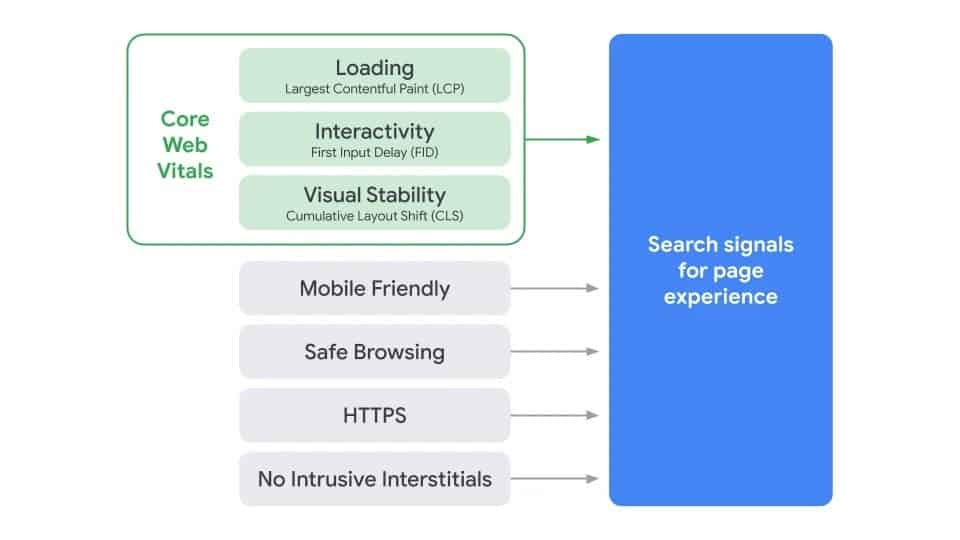Money affects almost every part of our lives. It is not just about numbers on a bank statement or balancing a budget. For many people, money is deeply emotional. A negative money mindset can creep in quietly and start to control how you feel day after day. You might try solutions like debt consolidation to handle the practical side of your finances, but if you do not deal with the emotional piece, the stress often lingers. Understanding how your mindset affects your emotions is key to finding real financial peace.
Table of Contents
The Constant Weight Of Anxiety And Stress

Living with financial stress is exhausting. If you are always worried about not having enough, or fearful that something bad will happen, it wears on your mind and body. Every unexpected expense feels like a crisis. Bills pile up, and even when you are making payments, like through a debt consolidation plan, the worry may not fully go away. The brain stays on high alert, constantly thinking about worst-case scenarios. Over time, this chronic stress can lead to anxiety disorders, sleep problems, and even physical illnesses like high blood pressure or heart disease.
The Shame That Silences Conversations
Shame is a powerful emotion that often comes with financial struggles. People feel embarrassed about their debt, income level, or poor financial decisions. This shame can make it hard to ask for help or even talk about money with friends and family. Instead of seeking support, people keep their worries bottled up, which makes the emotional toll even heavier. The more isolated you feel, the harder it becomes to see a path forward.
How Negative Mindsets Affect Relationships
Money is one of the biggest sources of conflict in relationships. When you carry a negative money mindset into your personal life, it often spills over into arguments with your partner or family members. Disagreements about spending, saving, and managing debt can create tension and resentment. Even when both people have good intentions, different money beliefs and emotional baggage can turn simple conversations into heated debates. Without open communication and mutual understanding, these conflicts can strain even the strongest relationships.
The Link Between Self-Worth And Financial Status
Many people tie their self-worth to their financial situation. If you see yourself as a failure because you have debt or are not where you expected to be financially, it chips away at your confidence. This negative self-talk becomes a cycle that is hard to break. You start to believe you are bad with money or that you will never get ahead, which makes it even harder to take positive steps. A low sense of self-worth also impacts other areas of life, from career growth to personal happiness.
Physical Health Takes A Hit
The emotional toll of a negative money mindset does not just stay in your head. Your body feels it too. Chronic stress weakens your immune system, increases your risk for serious health conditions, and reduces your overall quality of life. Headaches, stomach issues, muscle tension, and fatigue are common physical symptoms linked to financial stress. Over time, these health problems add even more financial strain, creating a vicious cycle that can feel impossible to escape.
Recognizing The Signs Of A Negative Money Mindset
The first step toward breaking free from a negative money mindset is recognizing the signs. Pay attention if you:
- Constantly worry about money, even when things are relatively stable
- Avoid opening bills or checking your bank account
- Feel ashamed or embarrassed about your financial situation
- Fight with loved ones about money often
- Believe you will never be financially secure
- Have trouble focusing on anything other than your financial problems
Acknowledging these patterns allows you to take action and start shifting your mindset.
Shifting Toward A Healthier Perspective
Changing your money mindset is not about ignoring reality or pretending everything is fine. It is about learning to view your finances with a more balanced perspective. Start by challenging negative thoughts and replacing them with facts. For example, instead of thinking, “I will never get out of debt,” remind yourself that debt consolidation is a tool you are using to take control of your situation. Celebrate small wins, like paying off a credit card or sticking to a budget for a month. These positive reinforcements build confidence and gradually reduce anxiety.
Seeking Support And Guidance
You do not have to face financial stress alone. Talking to a financial advisor, counselor, or support group can provide both practical advice and emotional relief. Professional guidance can help you create a realistic plan, identify resources, and address the emotional blocks that keep you stuck. Sometimes, simply sharing your fears with someone who understands can lift a huge weight off your shoulders.
Finding Financial Peace
Ultimately, financial peace is not just about how much money you have. It is about feeling secure, in control, and confident in your ability to handle whatever comes your way. By addressing the emotional toll of a negative money mindset, you open the door to lasting financial success. It takes time, patience, and support, but the relief that comes from breaking free of constant worry is worth every step of the journey.
























